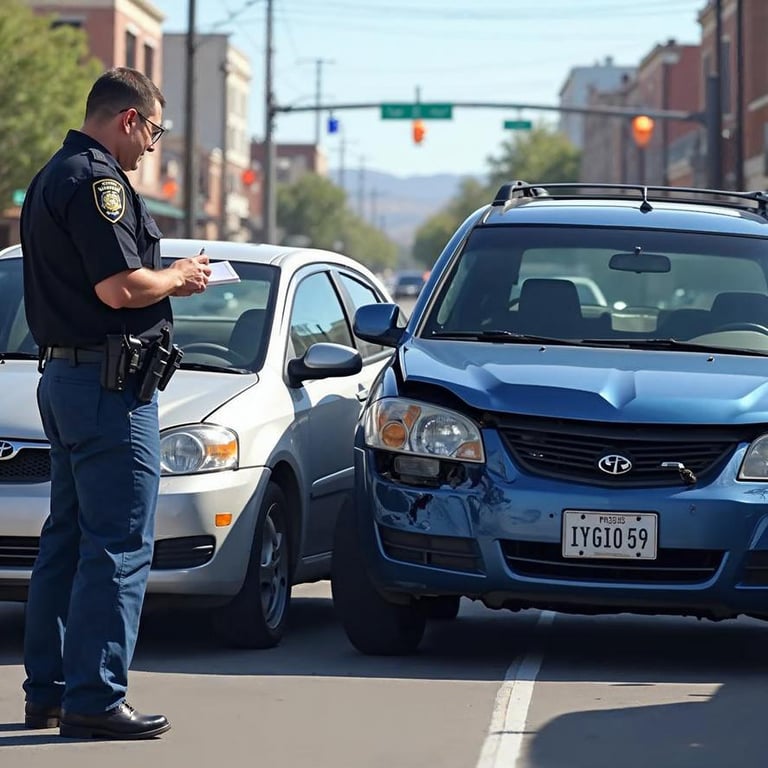
Unfortunately, based on your response, you may not qualify to file a claim. Most personal injury cases must be filed within two years of the accident, in accordance with the statute of limitations. Please consult with a licensed attorney to explore any possible exceptions or additional options.
Rear-end collisions happen when one vehicle crashes into the back of another. These types of accidents are among the most common motor vehicle crashes in Pueblo, Colorado, often resulting from sudden stops, tailgating, or distracted driving.
Several factors contribute to rear-end collisions, including:
Even low-speed rear-end collisions can cause significant injuries. Common injuries include whiplash, back and neck pain, traumatic brain injuries, and fractures. Proper medical evaluation is crucial following any rear-end crash to document injuries for your health and any potential claims.
After an accident, it is important to prioritize safety and gather information. Steps include:
For more detailed guidance, see what to document after a car wreck.
In most cases, the driver who rear-ends another vehicle is considered at fault due to the expectation of maintaining a safe following distance. However, specific circumstances can affect liability, such as the lead driver's abrupt stop or brake lights malfunctioning.
If you want to learn about the complexities of liability, understanding liability in multi-car collisions is a valuable resource.
After a rear-end collision, you may be entitled to compensation for medical bills, vehicle repairs, lost wages, and pain and suffering. Keeping detailed medical records and repair estimates supports your claim. Utilizing tools like a settlement calculator can help you estimate potential compensation.
Local road conditions and traffic behaviors in Pueblo can influence the frequency and severity of rear-end collisions. Awareness of these factors and safe driving practices can help reduce your risk.
For national statistics and safety tips related to rear-end collisions, the National Highway Traffic Safety Administration (NHTSA) provides comprehensive information and data.
Unfortunately, based on your response, you may not qualify to file a claim. Most personal injury cases must be filed within two years of the accident, in accordance with the statute of limitations. Please consult with a licensed attorney to explore any possible exceptions or additional options.